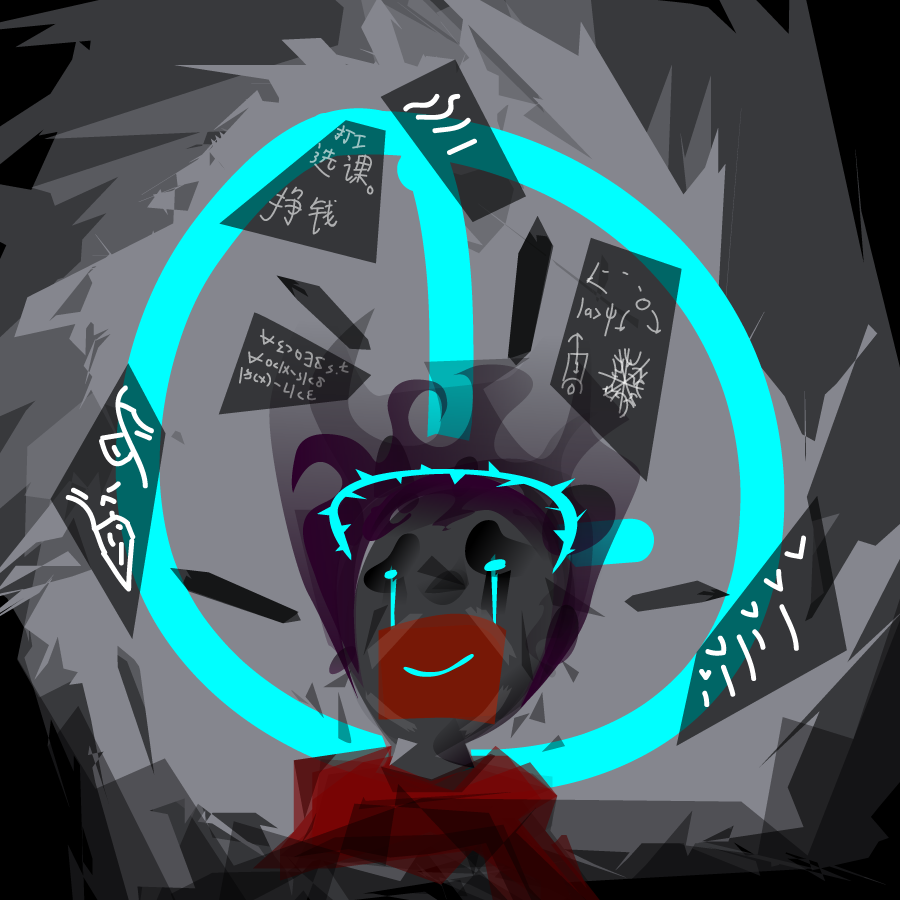At least once a year, someone publishes a Viewpoints article about our university’s notoriously intense culture and the student body’s perpetual misery—feelings of academic hopelessness, the need to stay up all night, and the subsistence on double espressos. With harrowing stories about incidents like finding oneself unconscious on the bathroom floor, these pieces scare us into recognizing the detrimental habits we’ve built up in college. While admirable for their vulnerability, they focus primarily on these anecdotes, with half-hearted calls to action (if any) inserted at the end. This causes many of us to read, nod our heads vigorously, and then proceed to pull our next all-nighter without much motivation for change. Our reluctance to change our harmful attitudes about work might be more dangerous than the attitudes themselves, which are so often discussed and called out.
This has become the one thing on campus that we all have in common: Regardless of your political beliefs, RSO involvements, or major(s), if you’re not overwhelmed and miserable, then you’re not having the authentic UChicago experience. It’s almost like we take some perverse pleasure in knowing we’re miserable and doing nothing to better our experiences here.
For one, this attitude obviously builds unhealthy habits. When, throughout my first year, I heard nearly every other student I came into contact with talking about how miserable they were, I incorrectly arrived at the conclusion that I wasn’t doing enough and that my healthy lifestyle was antithetical to the values of this university. So, I joined RSOs that I had almost no desire to be in, spending unnecessary hours every week to feel like I was doing enough—so that I could relate to my peers. Many others who feel this way take unnecessarily difficult classes or simply feel like they don’t belong at this university.
Though I was lucky enough never to face any of the consequences of this type of lifestyle, I nonetheless was able to understand the essence of the culture of our student body: You only feel like you’re doing enough after you start feeling terrible. And there are obvious physical side effects to this—sickness and sleep deprivation could cause you to lose focus when you need to be paying attention. More importantly, this could cause students’ long-term mental health to deteriorate. If your idea of normal is defined by the stress of those around you, that’ll have dire consequences on how you conceptualize your own happiness now and throughout the remainder of your life.
Additionally, if you assume that everyone else is miserable, you, in turn, develop these same unhealthy habits, possibly reneging on actually meaningful commitments or necessary tasks. How many times have you heard “I have a midterm tomorrow; haven’t even started studying,” or “I haven’t done the reading in this course since second week”? Students learn to develop the mindset that it’s normal to be so overwhelmed that they don’t even do their work.
Students go through their daily lives at this university thinking that misery is normal—that’s how people are supposed to feel. But they shouldn’t; this isn’t normal. Going to a university, especially this one, is a chance to learn about any topic you’ve ever been curious or passionate about, meet interesting and diverse people, and, above all, transition into being a healthy, self-actualized adult. While this university is certainly difficult, our experience here should not be glorified as a time of pure misery—it should be one where students are guided by their passions, one where they pursue the life of the mind within reason, and one where they don’t seek to conform to a culture based on misery. This means taking classes that you want to take and not feeling pressured to take the most difficult ones you can. During spring quarter last year, for example, three of my four classes had absolutely no bearing on my major or on the Core—I took them just because the topic or professor interested me. This means joining organizations that you’re passionate about, not solely those that look good on a resume. And finally, this means living normally: not staying up for 22 hours a day, not thinking that these idolized habits of our student body are normal, and, finally, appreciating the uniqueness of the experience that is university.
Ashton Hashemipour is a second-year in the College majoring in political science.








